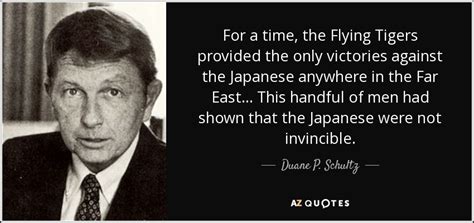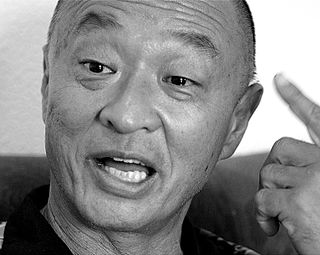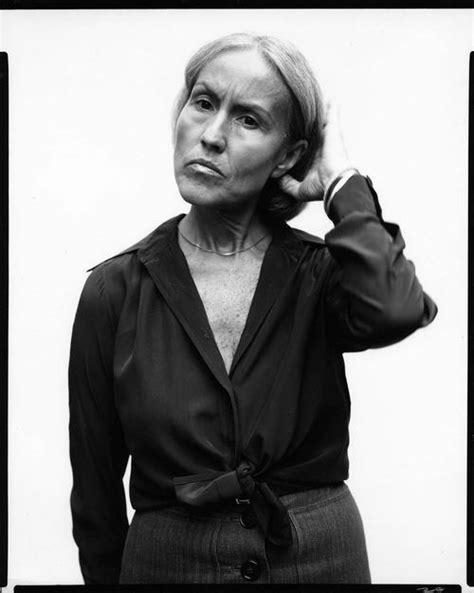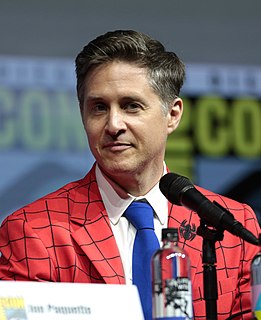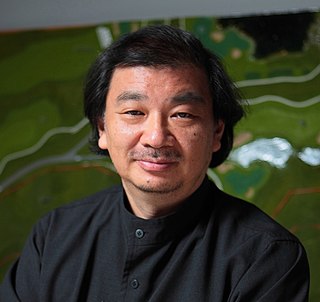A Quote by William A. Rusher
These people looked Japanese, were originally Japanese, were numerous. We had no way of knowing to what extent they had been infiltrated. To their great credit, it seems not to have been very much at all. But I can understand why. And I rather respect Eleanor for standing out against the tide at that point. But it certainly was a tide. And I'm not going to say it was unjustified.
Related Quotes
As well as Japanese animation, technology has a huge influence on Japanese society, and also Japanese novels. It's because before, people tended to think that ideology or religion were the things that actually changed people, but it's been proven that that's not the case. Technology has been proven to be the thing that's actually changing people. So in that sense, it's become a theme in Japanese culture.
Japanese train signs, station signs, are really representative of the Japanese mind to me, because it always has the station where you are, the station you were previously at, and the station that is the next station. When I came to New York, I was very confused. It just doesn't say where I was and where I was going. But I realized after a while probably most people don't need to know what station you were previously at. But I think it's just some weird Japanese mentality that we need to know, we need to connect the plot.
The idea of the book ["The Japanese Lover"] came in a conversation that I had with a friend walking in the streets of New York. We were talking about our mothers, and I was telling her how old my mother was, and she was telling me about her mother. Her mother was Jewish, and she said that she was in a retirement home and that she had had a friend for 40 years that was a Japanese gardener. This person had been very important in my friend's upbringing.
Playing Japanese characters and being in environments that are Japanese, like a character's apartment or whatever, if you have directors or art directors who just don't know what' s what with Japanese culture, then pretty soon something's just passed through. I've been through many times where I've pointed out the incorrectness of so much of what's been done to a set.
Many Japanese families moved to Taiwan during the occupation. Then, when the war ended, they were forced to move back. And at the macro level, the Taiwanese had every reason to cheer when the Japanese left. The Japanese military could often be incredibly brutal. The Taiwanese lived as second-class citizens on their own land.



